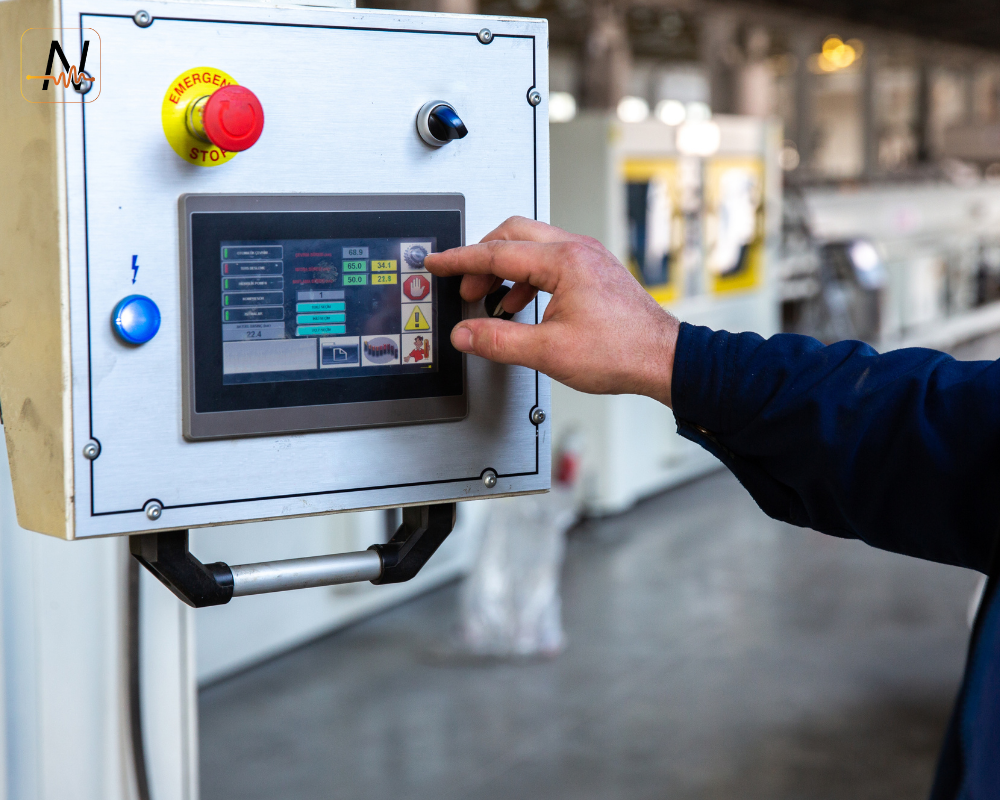 Press Releases That Rank – Boost Authority & Brand Trust Fast!
Press Releases That Rank – Boost Authority & Brand Trust Fast!
Why Is Setting Net Zero Energy Goals Essential for Sustainable Development?
Written by Nanoprecise » Updated on: June 17th, 2025

In the face of climate change, resource depletion, and increasing energy demands, the importance of establishing Net Zero Energy Goals cannot be overstated. These goals represent a commitment to balance the amount of energy consumed with the amount of renewable energy generated, ultimately leading to zero net energy consumption. This approach is essential for promoting sustainable development, as it addresses environmental, social, and economic factors in a holistic manner.
Environmental Impact
The most significant aspect of setting Net Zero Energy Goals is the positive environmental impact. Traditional energy production methods, predominantly reliant on fossil fuels, contribute substantially to greenhouse gas emissions. According to research, buildings alone account for approximately 40% of global energy consumption and about one-third of CO2 emissions. By transitioning to renewable energy sources—such as solar, wind, and hydropower—communities can significantly reduce their carbon footprints. This shift not only mitigates climate change but also improves air and water quality, leading to healthier ecosystems and communities.
Economic Benefits
Economically, pursuing Net Zero Energy Goals can lead to considerable savings. While the initial investment in renewable energy technologies may be higher than conventional methods, the long-term benefits are undeniable. Renewable energy sources typically have lower operational costs and can protect consumers from volatile fossil fuel prices. For instance, organizations like Nanoprecise are at the forefront of developing innovative technologies that enhance energy efficiency. By integrating smart technologies and predictive maintenance, businesses can optimize their energy use, significantly lowering their operational costs. In the broader context, these savings can stimulate economic growth, create jobs in the renewable energy sector, and promote innovation.
Social Equity
Setting Net Zero Energy Goals also addresses social equity. Energy access remains a significant challenge, especially in developing countries. By investing in renewable energy infrastructure, governments and organizations can provide access to clean energy for underserved communities. This access not only enhances the quality of life but also empowers communities by reducing energy poverty. Furthermore, renewable energy projects often lead to local job creation, providing economic opportunities that contribute to social stability. Sustainable development cannot occur without ensuring that all members of society can participate in and benefit from economic growth.
Resilience to Climate Change
Another critical aspect of Net Zero Energy Goals is their role in enhancing resilience to climate change. Extreme weather events, driven by climate change, pose significant risks to infrastructure, economies, and communities. By focusing on energy efficiency and renewable energy sources, communities can create more resilient systems that withstand these challenges. For instance, decentralized energy systems—such as microgrids—allow communities to generate their own power, reducing dependence on centralized fossil fuel-based systems that are vulnerable to disruptions. Nanoprecise, for example, is developing technologies that enable better monitoring and management of energy systems, contributing to resilience and reliability.
Global Commitments and Standards
The importance of setting Net Zero Energy Goals is underscored by international agreements, such as the Paris Agreement, which aims to limit global warming to well below 2 degrees Celsius. Many countries and organizations have already committed to achieving net-zero emissions by 2050, making it imperative for local governments and businesses to align their strategies with these global commitments. This alignment fosters collaboration and encourages the sharing of best practices, technologies, and resources, further enhancing the effectiveness of sustainability initiatives.
Conclusion
In conclusion, setting Net Zero Energy Goals is essential for achieving sustainable development. The environmental benefits of reducing greenhouse gas emissions, the economic advantages of transitioning to renewable energy, and the social equity achieved by providing energy access to underserved communities collectively create a compelling case for these goals. Organizations like Nanoprecise play a crucial role in advancing technologies that support this transition, making it more feasible and efficient. As we face the challenges of climate change and resource scarcity, committing to Net Zero Energy Goals is not just a choice; it is an obligation towards a sustainable future for all. Embracing these goals is vital for ensuring that we leave a healthier planet for future generations.
Note: IndiBlogHub features both user-submitted and editorial content. We do not verify third-party contributions. Read our Disclaimer and Privacy Policyfor details.
Copyright © 2019-2025 IndiBlogHub.com. All rights reserved. Hosted on DigitalOcean for fast, reliable performance.











